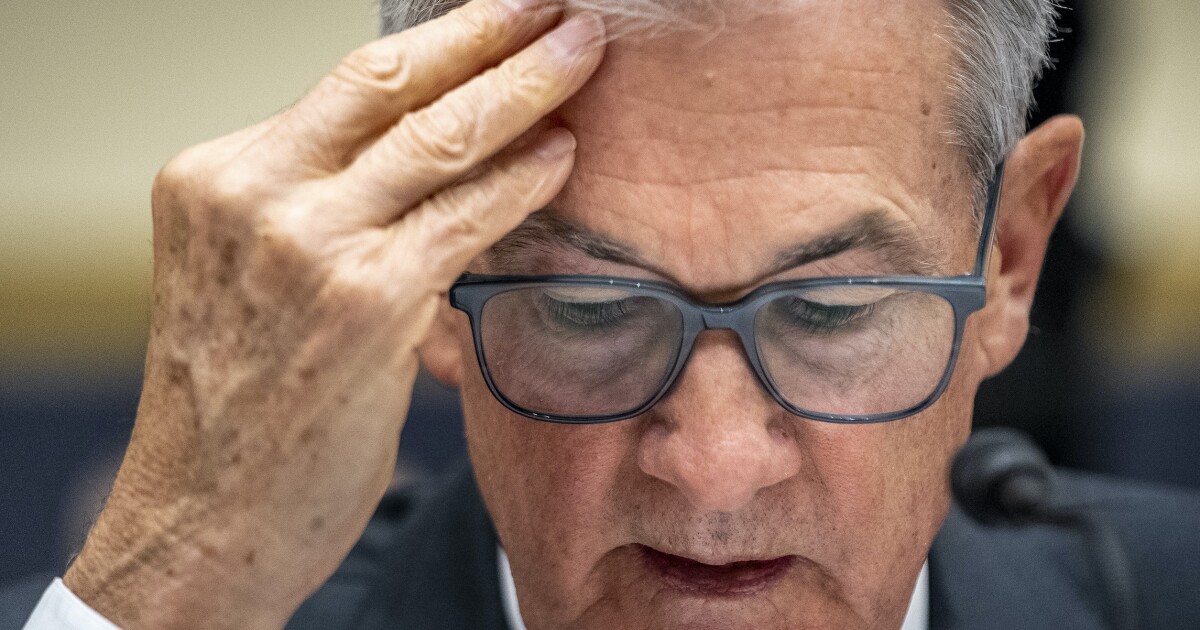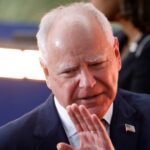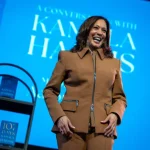

Reports show that inflation ticked up last month, but most economists and investors still think the Federal Reserve will hold off on hiking interest rates again at its meeting next week.
The Fed, which has been raising rates for more than a year, is in a tough position. In order to drive down inflation, it has to keep rates high, but it doesn’t want to overtighten and knock the economy into a recession. Further complicating matters, after a year of straight declines in inflation, price growth has now accelerated two months in a row.
UAW ANNOUNCES HISTORIC AUTO STRIKE AFTER NEGOTIATIONS WITH AUTOMAKERS FALTER
The consumer price index data for August showed overall annual inflation rose to a 3.7% rate for the year ending in August. That was about in line with forecast expectations but is still not the direction that the Fed wants to see inflation moving. Prior to the report’s release, most expected that the central bank wouldn’t hike again in September, so not much changed there.
“The good news in this morning’s report is there were no real surprises,” said Steve Wyett, chief investment strategist at BOK Financial. “As such, we do not expect any change to the consensus outlook for a pause at next week’s Fed meeting.”
But wholesale inflation, as measured by the producer price index, ticked up to 1.6% for the year ending in August, hotter than the 1.2% that most economists were predicting. The lesser-known PPI gauges the wholesale prices of goods, which are eventually passed down to consumers.
Despite the one-two punch of both reports coming in hot, investors have dug in their heels and think that the prospect of a pause is a near certainty. The Fed moves slowly and likes to telegraph its moves, so two inflation reports just days before the meeting are unlikely to move the needle.
“The Fed will likely seek additional data to confirm a temporary or an extended spike in headline and, potentially, core inflation as higher energy prices permeate throughout the broader economy, thus the expectation of a pause in tightening when the committee meets next week remains in place,” said Noah Yosif, an economist with the National Association of Federally-Insured Credit Unions.
The likelihood of a pause is also captured by the CME Group’s FedWatch tool, which calculates the probability using futures contract prices for rates in the short-term market targeted by the Fed.
Investors peg 97% odds that the Fed holds its rate target at 5.25% to 5.50% after its meeting on Tuesday and Wednesday of next week. There is a mere 3% chance that Fed Chairman Jerome Powell and other central bank officials shock the economy and hike again.
The predictions get a little less certain for the Fed’s November meeting, which allows it more than a month to digest a slew of data, including labor and inflation reports from September. It will also keep August’s CPI and PPI reports in mind when considering how inflation is trending come November.
“Nevertheless, this was a report that nudges the FOMC towards a more hawkish position. NAFCU believes that even if future inflation data continues to exceed expectations, it is more likely to compel the FOMC to leave rates at their present level for longer, rather than forcing more rate hikes,” Yosif added.
More than 31% of investors think the Fed will raise rates after its meeting on Nov. 1. Looking even further down the road, just under 40% think that rates will be higher as we enter 2024 than they are right now.
CLICK HERE TO READ MORE FROM THE WASHINGTON EXAMINER
Powell has been careful in how he talks about the Fed’s monetary policy agenda. He is walking a fine line with regard to how high to take interest rates and is being careful not to spook markets.
“At upcoming meetings, we will assess our progress based on the totality of the data and the evolving outlook and risks,” Powell said during his annual address last month. “Based on this assessment, we will proceed carefully as we decide whether to tighten further or, instead, to hold the policy rate constant and await further data.”





